The Rabbi’s Knight – Book Tour and Giveaway

In possession of a cryptic ancient scroll, Rabbi Samuel, St. Clair and the others will risk everything to fulfill their shared and sacred destiny as guardians of the Temple Mount.

The Rabbi’s Knight
Prequel to Wages of Empire
by Michael J. Cooper
Genre: Historical Fiction

“The Rabbi’s Knight is instantly compelling and fascinating in its arcane plot and propulsive pacing. Literally, a page turner!” -Sylvia Boorstein, PhD, New York Times bestselling author of Happiness Is an Inside Job
“A well-written historical adventure story . . . with unexpected twists and turns that keep you hooked . . . an exciting and historically fascinating read.” -Andrew Kaplan, New York Times bestselling author of Blue Madagascar and the Homeland novels
The year is 1290. At the twilight of the Crusades, war-weary Knight Templar Jonathan St. Clair is garrisoned in the port city of Acre in the Holy Land. In possession of an ancient scroll with a cryptic inscription, he learns that it holds the key to unlock the secrets of Jerusalem’s Temple Mount.
But time is running out. Acre will soon come under siege, and the one man able to divine the scroll’s meaning, Rabbi Samuel of Baghdad, has been targeted for assassination. St. Clair apprentices himself to Rabbi Samuel and together they travel to Jerusalem. On their pilgrimage, they are hunted by scheming emirs in the service of a bitter enemy of Rabbi Samuel. But they are aided in their quest by others: a brilliant young scholar, Isaac of Acre; a powerful young Scotsman, William Wallace; a learned Muslim mathematician, physician, and cartographer, al-Hasani; and a beautiful independent-minded woman, Zahirah, who avoids serving in an emir’s harem by hiding in a leper colony on the shores of the Sea of Galilee.
Rabbi Samuel, St. Clair and the others will risk everything to fulfill their shared and sacred destiny as guardians of the Temple Mount.
Amazon * Apple * B&N * Kobo * BookShop.org * Bookbub * Goodreads
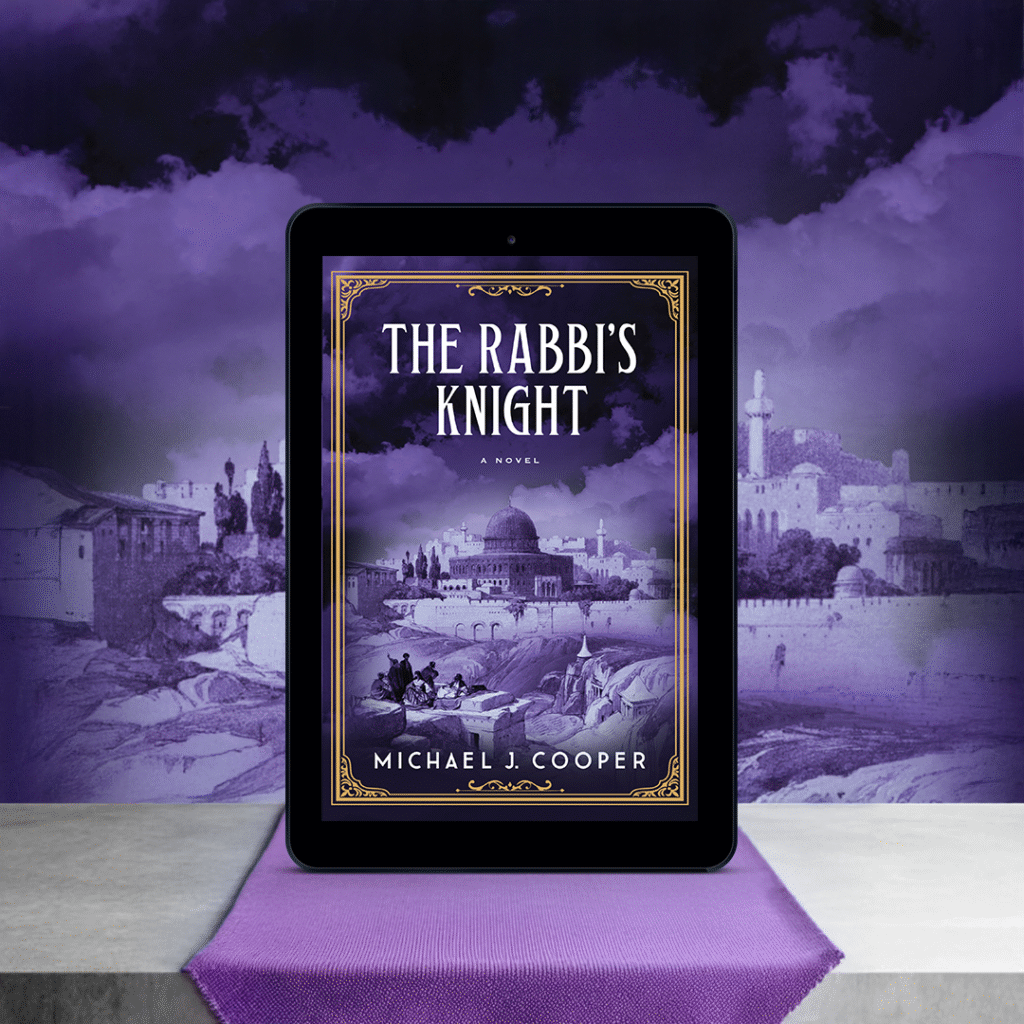

Tel Hum
28 May 1290
Before dawn
St. CLAIR lay upon his pallet as the dark hours passed. Sleep
did not come. As he listened to the sound of the rabbi’s even breathing,
he yearned for the oblivion of dreamless sleep. Turning onto his back, he
stared into the darkness, his mind racing with thoughts of the woman—the
unblemished smoothness of her olive skin, the feral beauty of her eyes—
Enough! He sat up and crushed his hands against his closed eyes. I
must not give rein to such thoughts!
He lay back and willed his thoughts away from her. Our provisions
are packed, and we’ll leave after dawn—finally to complete the journey to
Jerusalem. I’ll observe the Mamluk preparations along the way and make
another report to the Temple . . .
But his mind’s eye turned again to the woman—the surprising
perfection of her, but more than that—the fierce conviction of her mind
with speech I have never heard from a woman . . .
He recalled her words; it will be my intention, my choice. In the
darkness before dawn, he could hear her speaking in his mind.
He got up, shrugged into his robe, and pushed through the tent
flaps, the night air cool on his skin. The Galilee was a dark glass beneath
the fading canopy of night, silent but for the sound of water sliding over
smooth stones. Standing by the lake, he closed his eyes and sought the
shelter of the day’s first prayer office. He began to feel better—more like
himself. Once done with Lauds, he sat on a boulder waiting for dawn.
High in the eastern sky, a leering crescent moon with upturned horns
obliterated all but the brightest stars. The moonlight dimly lit the tents
along the shore. In one of the tents was the woman.
I can’t stop thinking about her.
The smiling moon mocked his misery. Staring at it, he remembered
a phrase often spoken by his mentor in Safed, William de Roge’—Je vais
regarder al badra—I’m going out to look at the moon. He had heard Roge’
say it each evening upon leaving the Safed Citadel after Vespers—always
alone, and always the same words—Je vais regarder al badra.
It was not unusual to mix French with Arabic, but the word Roge’
always used for moon was not the generic al-qamar, but the word that
referred only to the full moon—al badra.
Why was that?
It wasn’t as if Roge’ didn’t know the difference—he spoke Arabic like
a Mamluk.
Why did he refer only to the full moon—al badra?
On most of those nights, the moon had not been full, but waxing,
waning, or new, or not yet risen, or already set. Yet Roge’ always said the
same thing. Staring at the crescent moon, St. Clair whispered, “Je vais
regarder al badra.”
Along the unbroken line of the horizon, predawn light shone like the
gray-pink color inside a seashell, only more luminous.
From behind, he heard the rabbi’s sandals clicking on the stones along
the shore. “You’re not praying this morning?”
“I did Lauds early.” He felt the rabbi’s hand on his shoulder.
“Did you sleep at all?”
“No.”
“It’s the woman, isn’t it?”
“My vow forbids any commerce with women.”
The rabbi sat on the boulder next to St. Clair. “This woman is
dangerous.”
“All women are dangerous. But this one stands between me and God.”
He looked out over the Galilee, brightening under a russet sky. “But it’s
no matter since we leave at sunrise, and I’ll never see this woman again.”
“Is the lake not beautiful?” the rabbi asked.
“Yes, it is.”
“Do you not love to bathe in it—to feel the water on your body?”
“All right, Rabbi, I grasp your meaning.”
The rabbi put his arm around the knight’s shoulders. “Jonathan, do
you believe God is served when you deny the beauty of His creation?”
Pulling St. Clair closer, he asked, “Do you truly believe that God wants
you celibate?”
“What manner of question is that?” St Clair shrugged off the rabbi’s
arm and trudged down the shore to the edge of the marsh. Then, as
quickly, he returned, planting himself in front of the rabbi. “How can
you ask me such a thing? Am I not a knight of Christ? Celibacy is central
to my calling.”
“Why? Where is that written?”
“In the Rule of the Templars!” St. Clair barked. “Set down long ago
at the Council of Troyes.”
“And is there a scriptural basis for this celibacy?”
“Of course!” St. Clair paced angrily. “In the Letter to the Hebrews.”
The rabbi shook his head. “I don’t recall any such directive concerning
celibacy, and I’ve studied the Letter to the Hebrews very carefully.”
“You have?” The knight stopped pacing and glared at the rabbi.
“Why?”
“Because I’m a Hebrew. The letter was addressed to me, so I read
it.” Rabbi Samuel raised his shoulders. “Tell me, Jonathan, where do you
believe the epistle speaks of celibacy?”
“In the verse; ‘Strive to bring peace to all, keep chaste, without which
no one can see God.’”
“Keep chaste? No. The Aramaic word used in that phrase is
ka’deeshoo’tah meaning sanctified, not chaste. That’s the word I recall—”
“Who cares what you recall?” thundered St. Clair, startling a flock of
mud hens that pattered away and labored into flight. As he walked back
to their tent, he shouted. “Come, Rabbi! Let us gather our things, bid
Nehemiah farewell, and be off.”
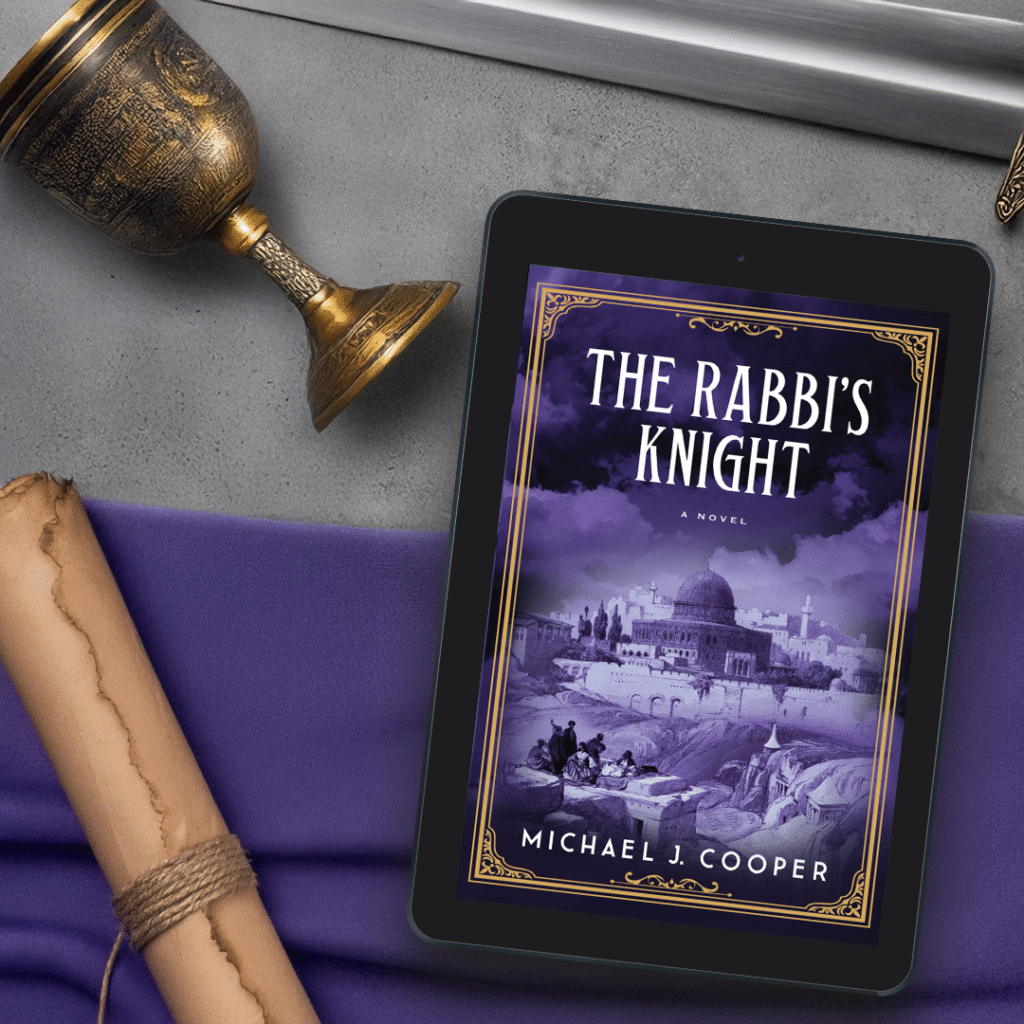
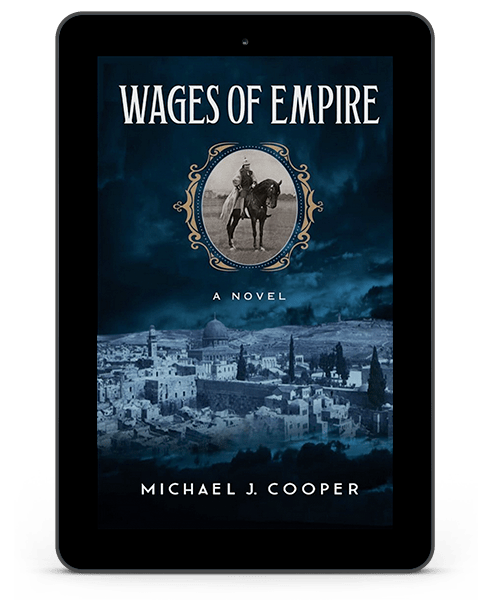
Wages of Empire
Book 1

Winner — 2025 Pacific Book Award for Best Historical Fiction
Winner — 2025 International Impact Award for Historical Military Fiction
Grand prize winner – 2022 CIBA Dante Rossetti Award for YA fiction
First place honors – 2022 CIBA Hemingway Award for wartime fiction
#1 Amazon Best Seller—Jan 2024—Historical World War I Fiction
In the summer of 1914, sixteen-year-old Evan Sinclair leaves home to join the Great War for Civilization. Little does he know that, despite the war raging in Europe, the true source of conflict will emerge in Ottoman Palestine, since it’s from Jerusalem where the German Kaiser dreams to rule as Holy Roman Emperor.
Filled with such historical figures as Gertrude Bell, T.E. Lawrence, Winston Churchill, Faisal bin Hussein and Chaim Weizmann, Wages of Empire follows Evan through the killing fields of the Western Front where he will help turn the tide of a war that is just beginning, and become part of a story that’s still being written.
“Masterful storytelling will keep you furiously turning the pages of this compelling (historical WWI) novel. A winner!”–Andrew Kaplan, New York Times Best-Selling Author of Blue Madagascar and the Homeland Novels
“The characters, historical and fictional, come to life on the page as the storyline drives relentlessly forward. Bravo!”–Matt Coyle, bestselling author of the Rick Cahill novels
“A beautifully written tale…exhibits seamless research in illuminating unforgettable historical and fictional characters…a tour de force!” –Professor Ronit Meroz, Dept of Jewish Philosophy and Talmud, Tel-Aviv University, Israel
“This superb historical novel is a must read…directly relates to issues we face today.” –Rizek Abusharr – Emeritus Director General of Jerusalem International YMCA
“Cooper has made this period of history come alive. It is a treat to read.” –Rabbi David Zisenwine, Ph.D. Professor Emeritus of Education, Tel Aviv University
“A Young Indiana Jones–style adventure.” –KIRKUS reviews
“Story is gripping and the characters that he describes come alive through his skillful writing. I couldn’t put it down!” –Rabbi Gordon Freeman, Ph.D., Rabbi Emeritus, B’nai Shalom, Walnut Creek, CA
Amazon * Apple * B&N * BAM * Kobo * Bookshop * Bookbub * Goodreads
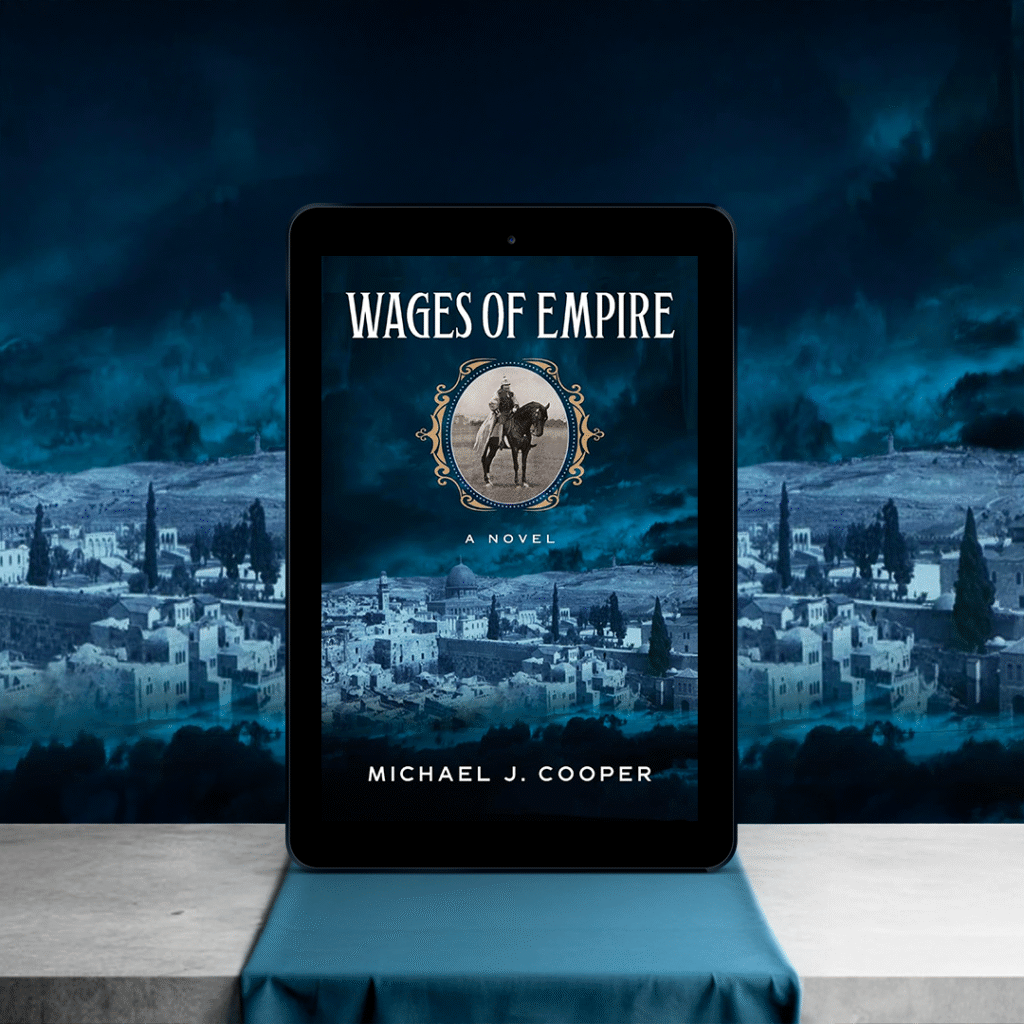

Prologue
April 18, 1911
Jerusalem
The Temple Mount was shrouded in darkness. It was the dead of night yet sounds of digging echoed within the Dome of the Rock.
Gunter von Wertheimer knew the sounds well—the steady scrape of a shovel, the bite of a pick, and the whisper of soil poured from full panniers.
Cloaked in a hooded robe, he stood in the shadow of the shrine and looked up at the sky. Among the bright points of stars, the constellation of the scorpion hovered over the Dome; the sharp stinger formed by a bright star the Arabs called Lasa’a, poised to strike.
As the digging continued, another sound whispered out of the darkness.
“It’s time.”
He knew the voice was that of his friend and fellow archeologist, Rahman B’Shara, a hulking shadow in the darkness.
“You know what you must do,” said Gunter.
“It’s strange, though,” Rahman murmured. “When Walker first came, I thought he was like the others—just another greedy treasure hunter, anxious to get his hands on the golden vessels hidden beneath the Foundation Stone. But once I joined the dig, I couldn’t believe how quickly it was progressing.”
“Do you still believe he’ll break through in the next few days?”
“No. He’ll break through in the next few hours.”
“Because of the spiritualists and clairvoyants he hired?”
“More likely, it’s the unchecked access he’s had to dig for the last two weeks. Walker also has a keen sense of which Ottoman officials to bribe—starting with the Turkish governor.” Rahman turned, stepped past Gunter and whispered, “There’s no time to lose.”
“Good luck, my friend.”
“Why do I need luck?”
“You know that better than I. His guards are well armed.”
Rahman smiled, his white teeth flashing in the starlight. “We have something more powerful than their guns.”
“Indeed. We have the power of the Temple.”
“In the end, yes, but I was speaking of a power of this world—the power of the mob.”
“And what a mob!” Gunter agreed. “Thousands of pilgrims in Jerusalem for the Feast of Nebi Musa! When they hear the Temple Mount has been desecrated by treasure hunters, Walker won’t need to enter the Temple to experience divine wrath.”
“Yes! The faithful will be quick to avenge this outrage.” Rahman bolted away, disappearing into the darkness.
Gunter knew he was heading to the Moslem Quarter beyond the northern edge of the sacred precincts. After a few seconds, he heard his voice calling out, echoing among the narrow lanes.
“Sacrilege! The Frengi are breaking the foundation stone! Sacrilege!”
Within seconds, two armed Turkish guards with torches shot out of the shrine and sprinted in the direction of Rahman’s voice.
Gunter flattened himself against the smooth tiles and watched as they came to a stop, apparently despairing as they heard the words Rahman was shouting.
“Arise to vengeance! The Turks have given over the Holy Mountain to the greed of infidels. Avenge the sacrilege! Arise!”
The guards ran back into the shrine and within seconds, Gunter heard the anxious voice of Montagu Walker.
“We must get out of here double quick! Hurry! Take whatever you can carry!”
As he waited in the shadows beneath the arches of the arcade, Gunter knew that Rahman had been the one best suited to infiltrate Walker’s scheme—to expose and stop him. Walker had hired him as his consulting archaeologist to give his treasure hunt the patina of a legitimate excavation—Rahman, who could trace his ancestry in Jerusalem back for a hundred generations.
Though Gunter had also been born in Jerusalem, he was the son of German Templers, and never completely trusted by the local population; suspected of working for the Germans, or the Ottomans, or both.
But Gunter served no colonial empire. He, like Rahman, was a Guardian of the Temple Mount, an order that traced its origins to a time before the holy mountain had a name, a time cloaked in the shadowed silence before history.
A line of flaming torches appeared along the northern border of the Temple enclosure. Shouts of execration filled the air.
Walker and his crew tumbled out of the Dome of the Rock, struggling with heavy sacks, shovels and picks that scraped and clattered on the paving stones.
“Leave that stuff!” Walker shouted. “Run for your lives!”
They rushed headlong away from the mob, frantically clawing past one another.
Gunter knew they were making for a gap in the southern border of the enclosure.
The mob surged forward in pursuit, the light of a thousand torches beneath the black sky.
Walker was finished.
The passages and chambers within the Temple Mount would remain sealed, as they had been for a thousand years.
But Gunter knew that others would come—drawn by the power and mystery of Jerusalem. And he also knew that the Guardians of the Temple Mount would be watching, and they would never rest.
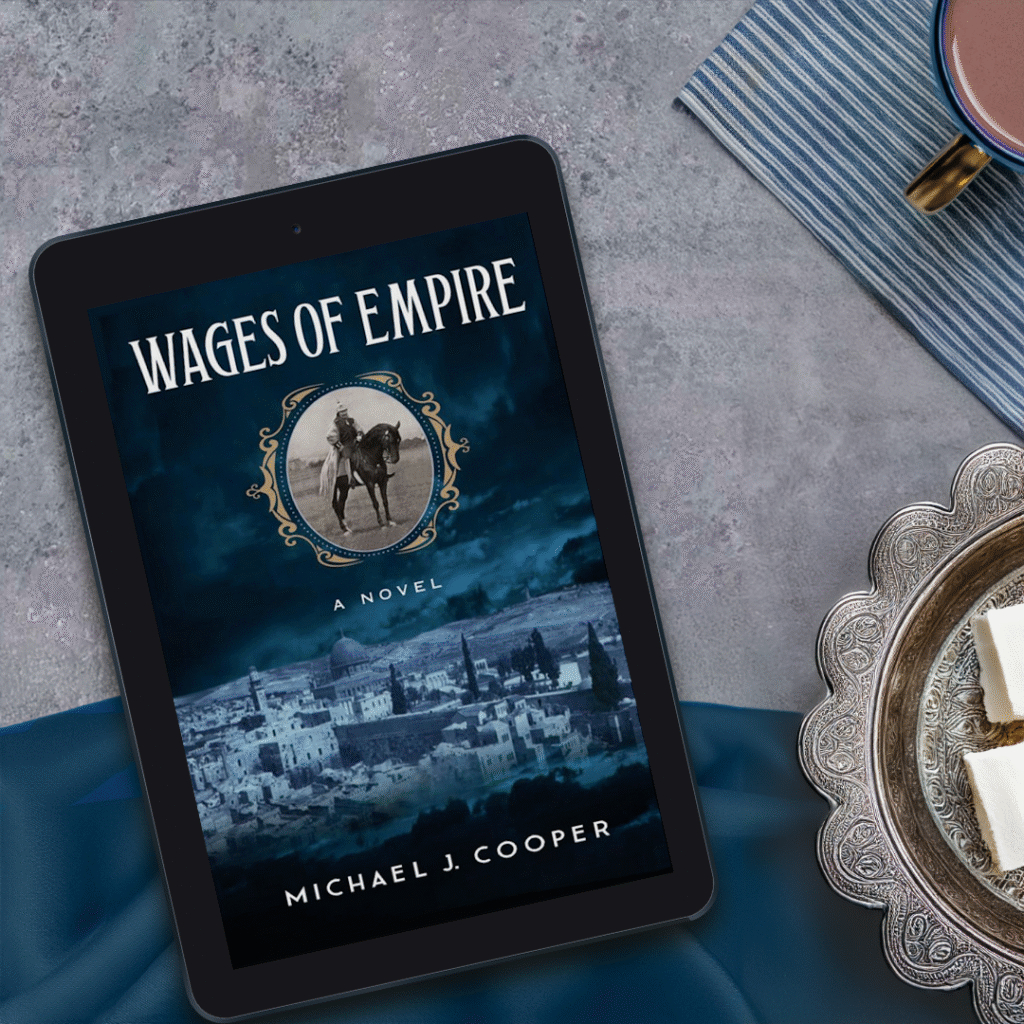

Crossroads of Empire
Book 2

Winner — 2025 International Impact Award for Historical War & Military Fiction
Winner of the 2024 CIBA Hemingway First Place Prize for 20th Century Wartime Historical Fiction
2024 SF Writers Conference Writing Contest Finalist-Adult Fiction
“. . . both a gripping page turner and a series of carefully observed character studies. Beautifully written in a voice and in details that capture the era, Crossroads of Empire is a must-read for readers of all ages” -Chanticleer Book Reviews
The story of Evan Sinclair that began in Wages of Empire continues in Crossroads of Empire. Having survived German artillery, poison gas, and friendly fire in helping to turn the tide of the war in its first months, Evan barely survives his hospital ship’s sinking by a German U-boat. Left with amnesia, he no longer remembers who he is.
Likewise, Evan doesn’t recall that, despite the European war, the true source of conflict is in Ottoman Palestine, since it’s from Jerusalem’s Temple Mount that Kaiser Wilhelm II dreams to rule as Holy Roman Emperor over Arabian oil reserves and the Suez Canal.
The Middle East Front soon explodes with pitched battles at Suez and Gallipoli as Evan’s story is interwoven with those of historical figures Gertrude Bell, T. E. Lawrence, Winston Churchill, Faisal bin Hussein, and Chaim Weizmann.
During his quest to recover his memory Evan will discover far more: love for his father, grief for his late mother, and hidden secrets of his bloodline-an unbroken lineage that stretches back to the Crusades and will determine his future role in the Great War.
“Cooper masterfully crafts a novel that intertwines vivid characters and complex themes, blending historical fiction with elements of mystery and intrigue. This unique combination makes it a must-read for fans of both genres.”
—BookTrib Review
“In page after page of Crossroads of Empire, I was thrilled with how the plot widened with various actors added as history unfolded one step at a time. The book picked up speed as it moved along with rising tension as disparate subplots charged forward to the conclusion. I loved it! Bravo!”
—Sylvia Boorstein, PhD, bestselling author, teacher of Buddhist Insight Meditation, and co-founder of Spirit Rock Meditation Center
“Crossroads of Empire dives into the tumultuous waters of World War I, presenting a thrilling narrative enriched by a blend of historical and fictional characters. Cooper’s writing is compelling and richly detailed, offering a tapestry of scenes that bring early 20th-century conflicts vividly to life.”
—Literary Titan Review
Amazon * Apple * B&N * BAM * Kobo * Bookshop * Bookbub * Goodreads
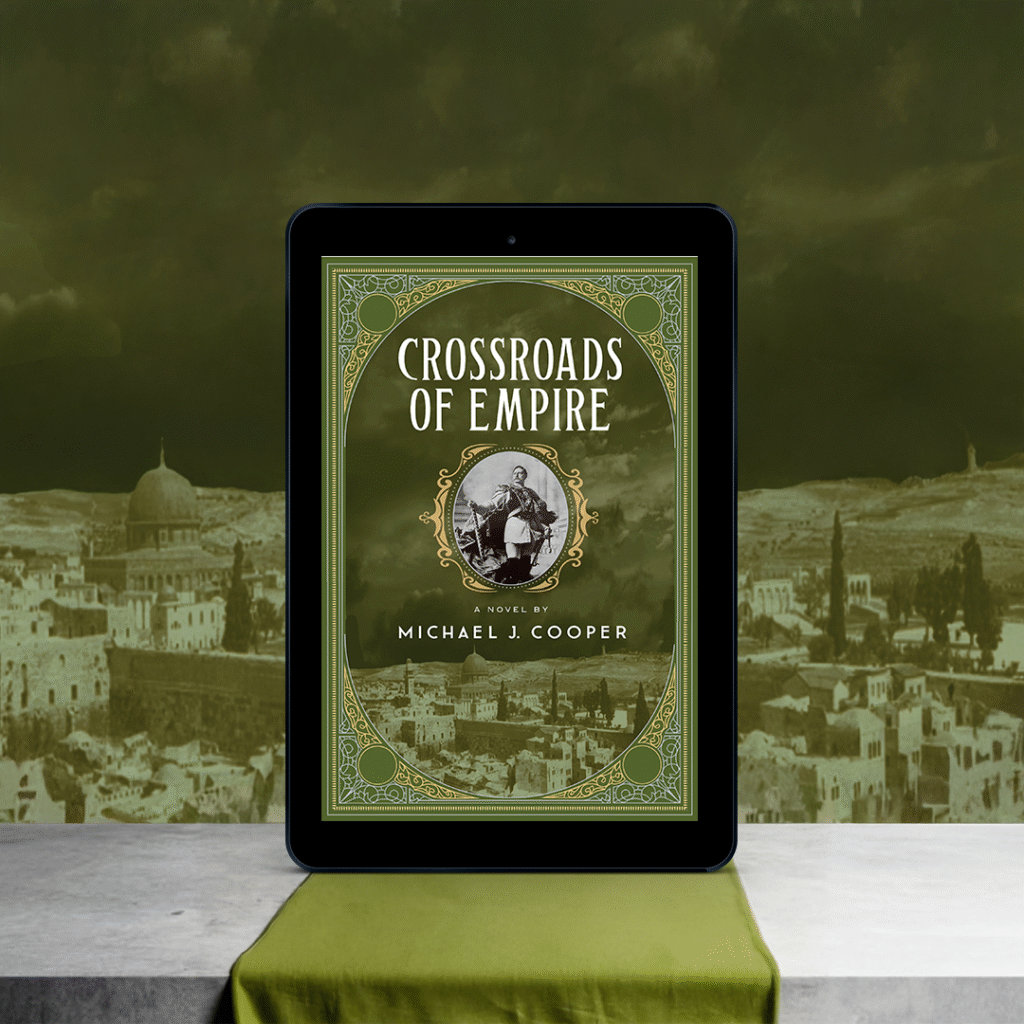

~P r o l o g u e~
October 21, 1912
Cedar City, Utah
AT FIRST, Janet Sinclair wasn’t certain if the ache she felt in the pit of
her stomach was indigestion, false labor, or a visceral reaction to the
Titanic disaster. She was reading about the tragedy in the North American
Review while sitting on the divan with her feet up after dinner.
From where she sat in the living room, she could hear her husband,
Clive, and fourteen-year-old son, Evan, talking in the kitchen—something
about an error committed by someone named Snodgrass that allowed the
Boston Red Sox to best the New York Giants in the recent World Series.
Instructed by her obstetrician to keep off her feet, the men in her life were
taking care of the dishes.
Putting the magazine aside, Janet closed her eyes and rested a hand on
her belly as her attention drifted away from the talkof baseball and returned to
the article about the Titanic.
Six months had passed since the sinking, and as she listened to the
sound of water being pumped into the kitchen sink, she imagined the
pumps of the great ship, laboring to keep Titanic afloat for a few more
minutes, perhaps an hour—just long enough for the Carpathia to reach
her. Almost asleep, she felt herself drifting, compassed round by dark
frigid water, the heaving ocean beneath an indifferent black sky crowded
with stars.
Beneath her hand, she felt a gentle quickening in her belly, and her
thoughts turned to the water warm within, the small sea surrounding and
protecting her baby. She imagined the twisting blue vessels of the cord,
connecting and sustaining—
She winced as the pain came again. Stronger.
Her eyes fluttered open, her heart pounding as the tightening pain
rippled through her abdomen and fear gripped her heart. Please God, not
again. She bit her lower lip and tried to reason—most women have false labor.
But most women hadn’t recently miscarried.
Then the pain passed, and she drew a grateful breath.
The conversation in the kitchen about baseball had ended. In its
place she heard Clive whistling his favorite tune, “Brian Boru’s March,”
sweetly and slowly. She smiled, remembering how he used to sing Evan to
sleep with the tune as a baby in his rich tenor voice—the words in Gaelic,
which neither of them understood, weaving a tapestry of such mystery and
beauty. As she listened, her thoughts drifted back to the baby they had lost.
She hadn’t even known that she was pregnant when they left their
home in Oxford late in the summer of 1911 bound for an archaeological
dig in Northern Syria. Clive had been awarded a four-year traveling
scholarship from Magdalen College, and the whole family had been
excited to embark on an adventure to Arabia. Just before docking at
the Port of Beirut, Janet had experienced the first quickening of that
pregnancy. Immediately sharing the glad news with Clive and Evan, they
had all been happy and excited to know that there would be a new baby
in their new home.
Once reaching Carchemish, they moved into a comfortable bungalow
next to one occupied by two young Oxford scholars, Ned Lawrence and
Leonard Woolley. Their new neighbors were welcoming and endlessly
entertaining, and for the first few weeks, all was well.
Until Janet had early labor and lost the baby.
She blamed the malodorous headwaters of the Euphrates where she
was forced to bathe. She blamed the lack of a properly trained obstetrician
at the local field hospital. She blamed Clive. But most of all, she blamed
herself.
But heartsick turned to hopeful when she conceived again, two
months later—in January of 1912. Determined that this pregnancy would
be different, she insisted that Clive curtail his four-year scholarship, and
that they leave the excavation camp—that they leave Syria. She refused
to sacrifice another baby to the substantial remains of the Assyrian and
Neo-Hittite periods. She refused to bury another baby next to the tombs
of Carchemish.
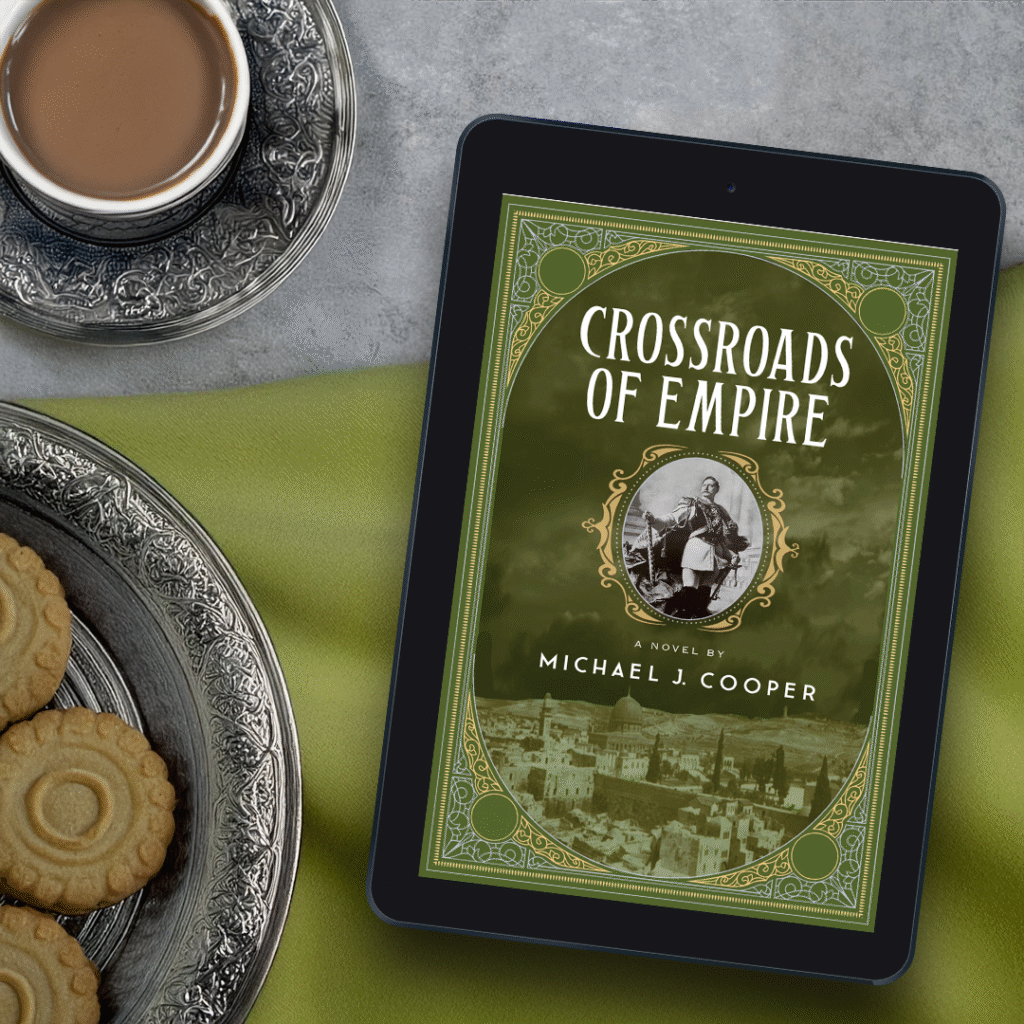


Michael J Cooper writes historical mysteries set in the Holy Land at major turning points of history—all the while subtly promoting the notions of coexistence and peace. His books have won multiple awards and include; set in 1948 Jerusalem Foxes in the Vineyard (winner of the 2011 Indie Publishing Contest Grand Prize); set at the twilight of the Crusades in 1290, The Rabbi’s Knight (finalist for the CIBA 2014 Chaucer Award for historical fiction); set at the start of WWI in 1914, Wages of Empire (winner of the 2025 Pacific Book Award for best historical fiction, winner 2025 International Impact Award for historical military fiction, the CIBA 2022 Grand Prize for young adult fiction as well as the Hemingway first prize for wartime historical fiction); A sequel of Wages of Empire, Crossroads of Empire (winner of the 2025 International Impact Award for historical war & military fiction as well as first place in the 2024 CIBA Hemingway for 20th Century wartime historical fiction, placed as a finalist in the 2024 SF Writers Conference and won first prize honors in the 2023 CIBA Hemingway wartime historical fiction category).
A native of Berkeley, California, Cooper absconded to Israel after high school and spent the next eleven years studying and working there. He lived in Jerusalem during the last year the city was divided between Israel and Jordan, studied at Hebrew University, and graduated from Tel Aviv University Medical School. He returned to the US to specialize in pediatric cardiology, and after 40 years of practice, he continues to return to the Middle East for biannual volunteer missions serving Palestinian children who lack access to care. Otherwise, he lives in Northern California with his wife and a spoiled-rotten cat. Three adult children occasionally drop by.
Website * Facebook * X * Instagram * Bluesky * Bookbub * Amazon * Goodreads

Interesting Facts about Michael J. Cooper:
–I emigrated to Israel in 1966 and lived in Jerusalem during the last year the city was divided between Israel and Jordan.
–I lived in Israel for 11 years and during that time graduated from Tel Aviv University medical school, and thereafter returned to the US to specialize in pediatric cardiology.
–After specializing in pediatric cardiology, I had a 40 year career at UCSF Medical Center in San Francisco until retiring three years ago.
–For the past twenty years, I have volunteered, and continue to volunteer – providing pediatric cardiology service to Palestinian children who lack access to care.
–Set at the end of the Crusades in 1290, The Rabbi’s Knight rose out of the dark waters of unrecorded history–unfathomable, unsounded, and unknowable lacunae–deep pools with surface waters laced with a tracery of known facts and some unforgettable historical figures. These I infused with the breath of life and the connective tissue of known facts through the study of medieval maps, ancient texts, and the apocryphal stories of Jerusalem’s old stones.
Writing The Rabbi’s Knight has been a journey in itself: A Knight Templar of my imagining. A rabbi lost to history. A journey to a broken Jerusalem of this world. A shared search for the Upper Jerusalem that lies beneath the Temple Mount.
–Before the fall of Acre and the end of the Crusades in 1290, there were times of cooperation and unlikely spiritual exchange between the Christians, Jews, and Muslims.
It’s these threads of hidden history that I explore in The Rabbi’s Knight—the kind that could change how we see the past…and the future.
–Why are my stories set in the Middle East?
Because it’s where I came of age at 18.
I lived in Jerusalem during the last year of its division, stayed for another ten years, trained in medicine in Tel Aviv, and I’ve cared for children on both sides of the conflict.
These aren’t just stories to me—they’re lived history.
–Over the years, I’ve performed hundreds of pediatric heart procedures for under-served Palestinian children who lacked access to specialty care.
No politics. No judgment. Just healing.
These missions remind me that peace, like faith, is not just an idea—it’s an action. These same values breathe through my writing.

Follow the tour HERE for special content and a giveaway!
Sep 5
Kickoff at Silver Dagger Book Tours
Sep 8
IS HISTORY THE AGREED UPON LIE? Historical Fact & Historical Fiction.
Sep 9
Karen J. Mossman – World of Stories – GUEST POST
Sep 10
Sep 11
Sep 12
Inside the Insanity – GUEST POST
Sep 14
Sep 15
☼ A Place In The Spotlight ☼ with M.C.V. EGAN
Sep 16
Sep 17
Tina Donahue Books – Heat with Heart
Sep 18
Sep 19
Stormy Nights Reviewing & Bloggin’
Sep 22
Sep 23
Sep 24
Sep 25
Book Reviews by the Reluctant Retiree
Sep 26
Sep 29
Sep 30
Oct 1
Oct 2
Oct 3
Book Bites….with a side of coffee
Oct 4
Oct 5


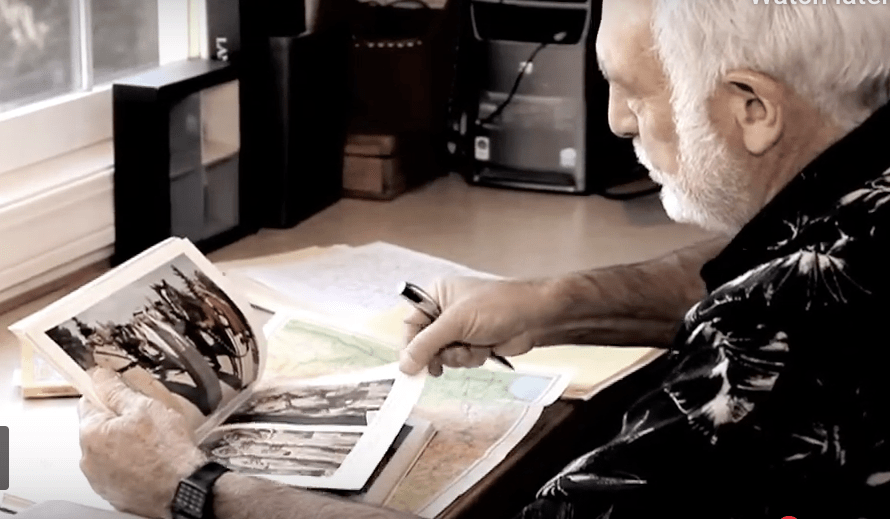
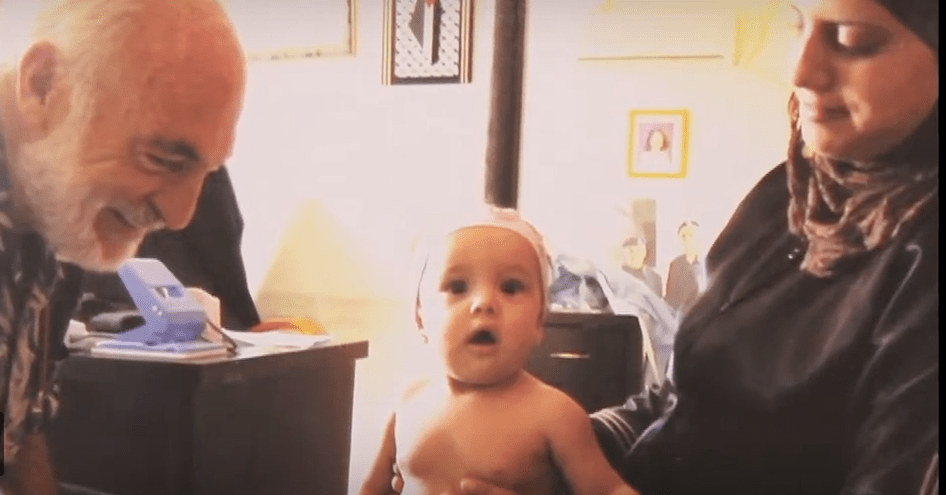
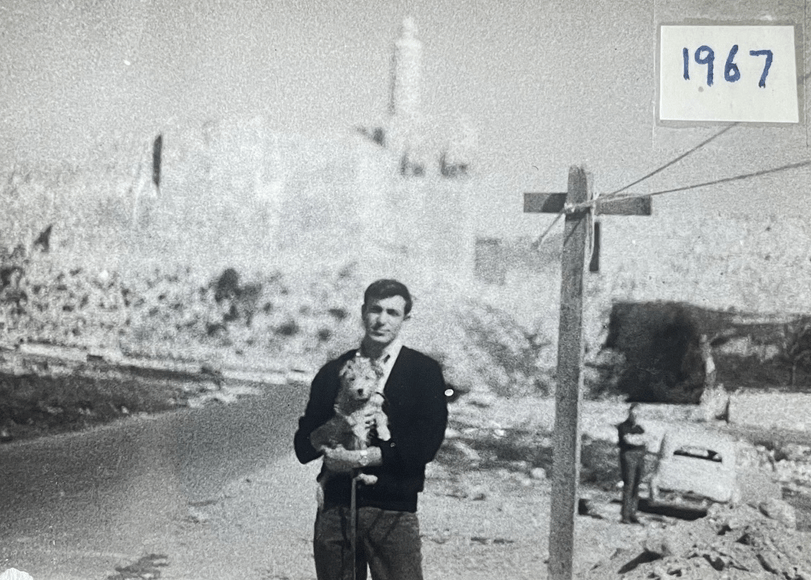
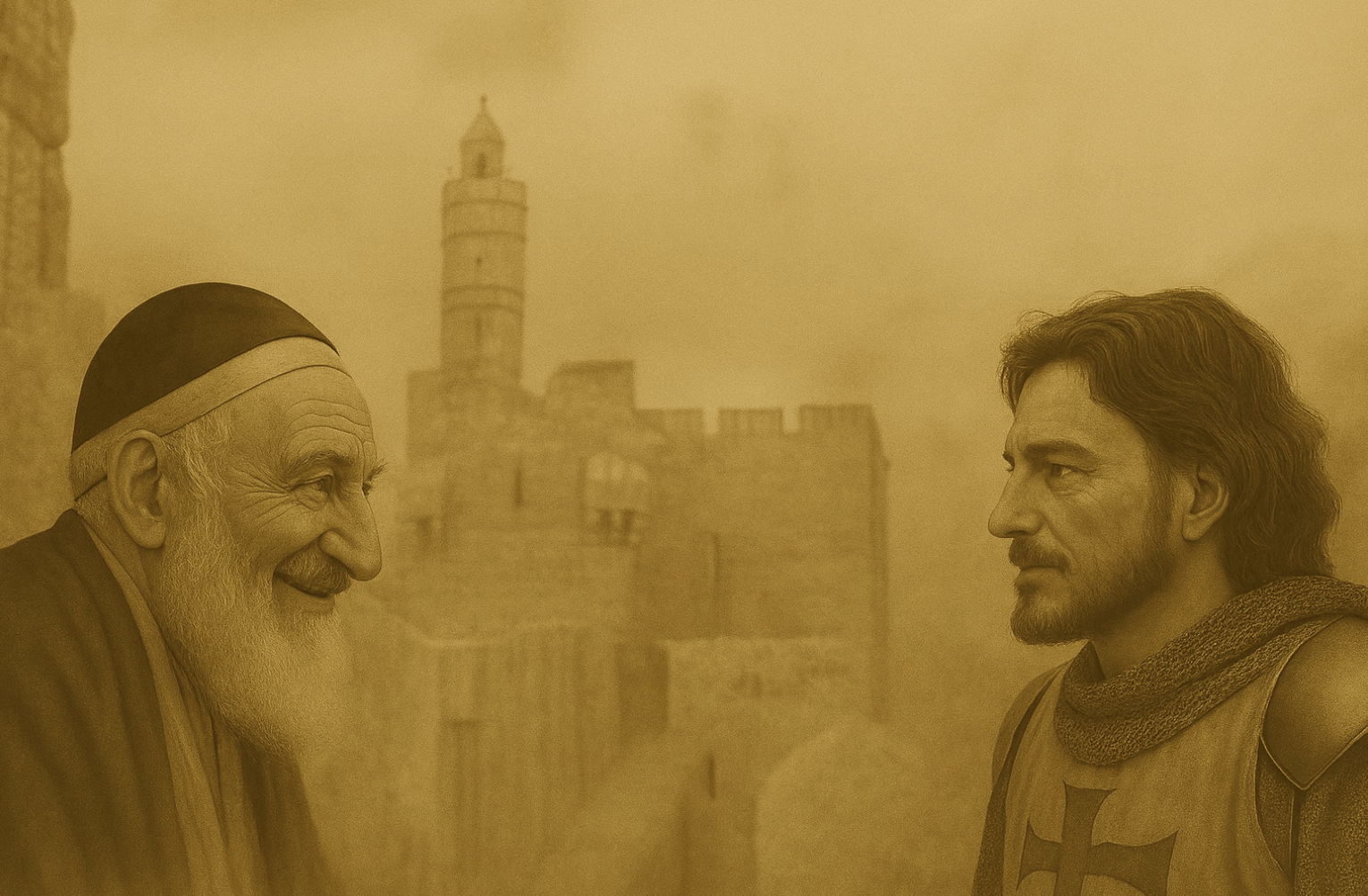
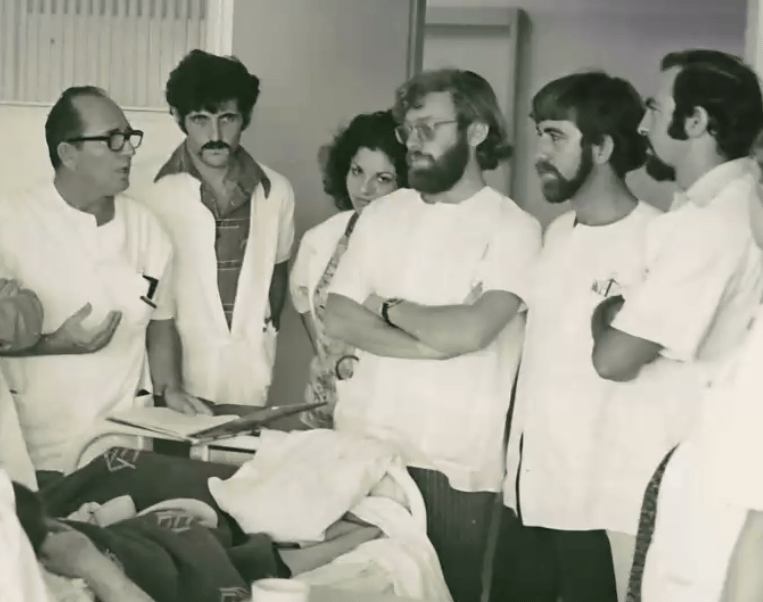

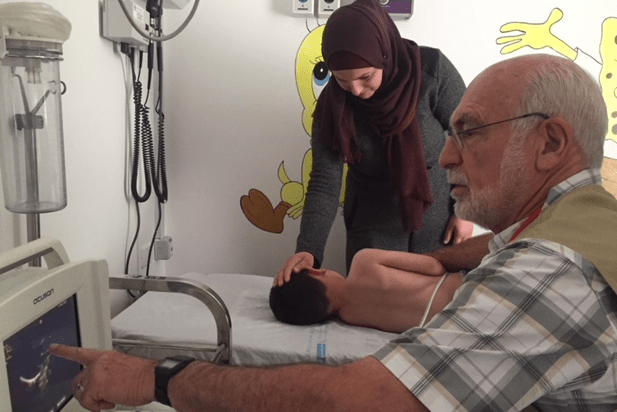
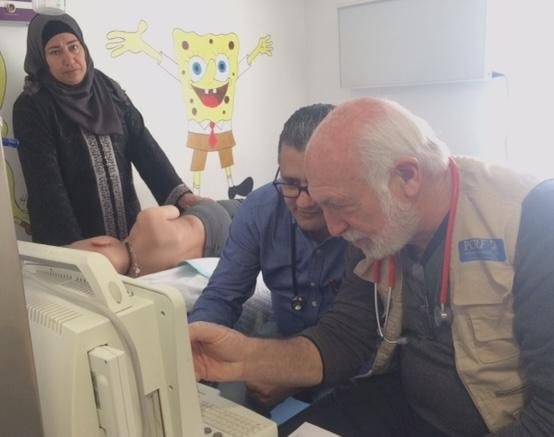
This sounds like a good read. Thanks for sharing.
Hi Marcy
I would definitely agree – an good read indeed!
Thanks for checking in.
Michael
Sounds like an amazing read! The perfect one for Fall!
Hi Maria,
I would agree–and amazing read for the Fall (or any season)
thanks for check in.
Michael
I really like all the covers…
Thanks, Michele,
I really like the way they turned out, and I love what’s between the covers!
Michael
Looks like a good read
And it is!
Hope you check it out, Alma.
All best,
Michael
Sounds like an interesting read!
Hi Leoni,
Interesting indeed! Hope you check it out!
All best,
Michael
This sounds like the perfect new book for me as I love historical fiction! The cover art is everything too and thank you for the chance!
Dear Melissa,
Thanks for your generous comments and interest.
I hope you love the book(s) as much as I loved writing them.
Please let me know if you have any future comments.
Screenplay now being written and hoping for an HBO series!
Michael
Looks very exciting Do you write in a daily journal?
Sounds like a great book.
What an amazing idea–Christians, Jews, and Muslims working together for a good purpose. Too bad this is fiction, since the probably more realistic historical truth would have likely gotten them all killed. And also too bad that even now, the thought of such collaboration is so foreign to so many.
Hi Carol,
A very astute observation and that’s the underpinning of the whole series – coexistence and peace under cover of historical fiction. There were many examples of this in the past, and there can be again!
This sounds like a great Historical Fiction book.
It is! If you like historical fiction, you’ll love these books.
MIchael
I enjoyed reading about this book it sounds like a great read.
Hi Heather,
It is a great read – hope you check it out!
It looks like a good read.
Hi Leela,
Actually, it’s a great read!–hope you check it out!
Michael
The cover is really beautiful.
Dear Jodi,
I think so too, really like the way they turned out as they also tie in to the other books in the series.
Hope you enjoy them all!
Michael
I love the cover and the excerpt.
He Sherry,
If you loved the cover and the excerpt, you’ll love it all.
Hope you check it out and see for yourself.
All best,
Michael
I like the cover.
Hi Stephanie,
If you liked the cover, you’ll love what’s inside!
Happy reading –
Michael
The cover is fantastic! There are so many details to look at.
Hi Amber
If you liked the cover, you’ll love what’s inside!
Happy reading –
Michael
Sounds really great. Wish some of it would come true.
Hi Dale
A very sweet thought, and that’s the underpinning of the whole series – coexistence and peace under cover of historical fiction. There were many examples of this in the past, and there can be again! More and more people are coming to the conclusion that it’s the only way forward.
Glad you’ll be along for the ride.
Michael
nice excerpt
Thanks, hope you avail yourself of reading more!
This sounds like an interesting book and I also like the cover.
Hi Ann,
You’re right on both counts – it an interesting book and the cover is great.
What’s also great is what’s between the covers.
Hope you check it out.
All best,
Michael
this sounds pretty interesting
Hi Wendy,
It is – super interesting!
Hope you can check it out and let me know what you think.
Michael
Sounds like a great read!
Hi Sandy,
It is a great read – hope you might check it out!
all best,
Michael
What is your schedule like when you’re writing a book?
With a busy life, I write in the gaps between responsibilities…however when I’m not actively writing, I’m turning over ideas in my mind and always have pencil and paper handy for recording thoughts as they rise up.
I really like this book cover. The purple shades make it look mysterious. Sounds like a great read!
Hi Alicia,
Glad you like the cover and hope you avail yourself of a read – if you like historical fiction with a dash of mystery, romance, and heroism, you’ll love The Rabbi’s Knight!
Michael
Looks like a good read
It is! Hope you enjoy all the books of the series!
Michael
Thhe excerpts are interesting. Thanks for sharing them.
Dear Cynthia,
There’s a lot more where those came from – hope you have time to explore and look forward to hearing from you thereafter!
This is an interesting historical fiction series. The excerpt peaked my interest.
I’m appreciate your interest and hope you’ll enjoy the series!
I am super excited about this giveaway, fingers crossed.
Hope you get it, however, the real prize is reading any of the three books of this series!